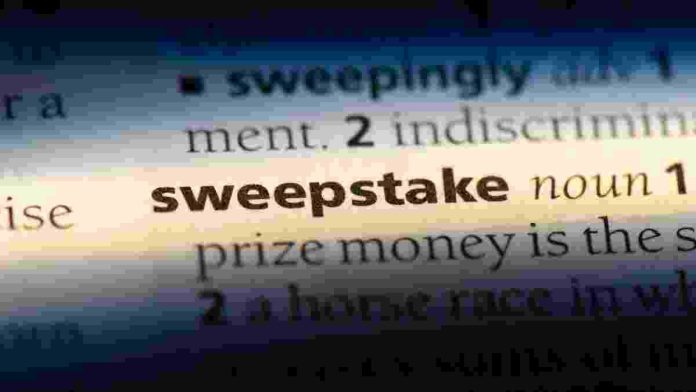A Georgia woman has filed a class action lawsuit alleging that sweepstakes operator VGW is offering illegal online gambling products to residents in the state.
Initially filed in the state Superior Court, the case was sent to the federal level and now sits in the Georgia Northern District Court.
Plaintiff alleges sweepstakes casino is actually illegal gambling
The plaintiff, Destiny Kennedy, is seeking to recoup losses accrued playing on the site. Like similar lawsuits filed against sweepstakes operators, Kennedy alleges that the dual-currency sweepstakes format is a ruse to distract from the company running an illegal casino.
VGW is said to be the largest sweepstakes casino company in the U.S., operating brands including Luckyland Casino, Chumba Casino and Global Poker.
Kennedy says that, while there is a free-to-play currency that can be earned through player loyalty, that it is clear that the goal is to purchase and accrue Sweeps Coins, which can be redeemed for real money. The complaint also says that the company often arbitrarily rejects written requests for Gold Coins, which is supposed to be allowed under the model.
Plaintiff opted out of VGW’s arbitration agreement
Unlike the Fliff class action lawsuit attempted in 2023, this suit does not appear to be eligible to be sent to arbitration, at least on the surface.
A John Doe filed a similar suit against VGW in July 2023 but was sent to arbitration after a judge agreed that the plaintiff agreed to binding arbitration when he agreed to the terms of service. This time around, the plaintiff has not made such concessions.
Within the complaint, Kennedy noted that she opted out of the arbitration clause via email upon setting up her online account. The emails are dated August 2023, just a couple of weeks after Fliff responded to its class action noting the terms and conditions accepted by plaintiff Bishoy Nessim required the case to go to arbitration.
Kennedy’s case also says that a law passed by the Georgia legislature in 2012 to prohibit “internet cafes” from offering casino-style gambling games in the state. The law specifically prohibits the playing of games of chance on a computer in the state, but also states that prohibition extends to places of business, not personal homes and devices.
Kennedy filed the case on May 17 and VGW has yet to file its response.














